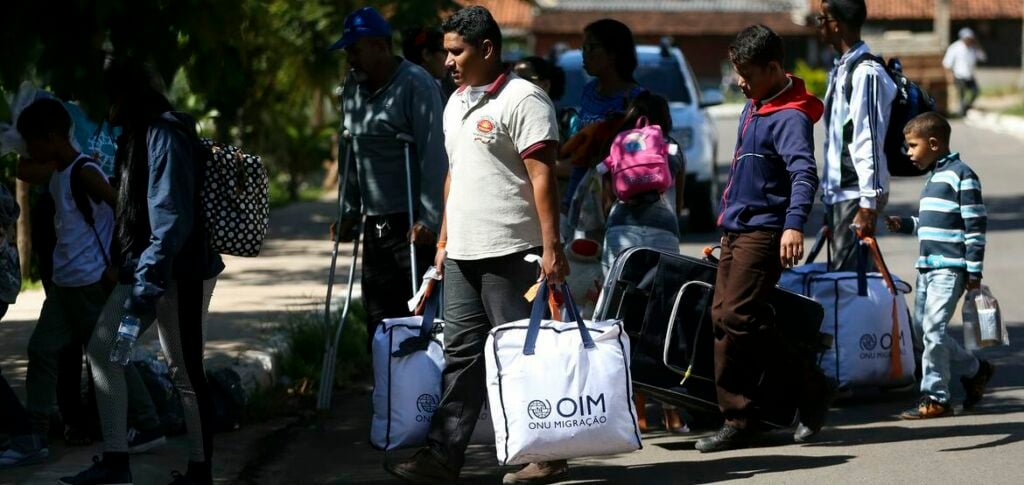The report Border in Crisis: an Assessment of the Migration Situation in Roraima, carried out between January 29 and February 4 this year, was produced by the Center for Research Studies in International Law at Uerj (Nepedi-Uerj) in partnership with the Federal University of Roraima (UFRR).
ADVERTISING
According to Nepedi coordinator, Raphael Carvalho de Vasconcelos, the study is a warning about the humanitarian emergency caused by the permanent migratory flow at the border.
“The notes are intended to alert Brazilian authorities and civil society in general to the needs that arise from the resilience of the flow of displaced people in that region of the country, signaling that it is a calamity parallel and coexisting with the Yanomami crisis that cannot be relativized. or moved to a secondary level”, said the professor of Public International Law at Uerj.
According to the researcher, there are emergency issues that require immediate action from the Brazilian State. “This report has no critical bias. This is a descriptive document that seeks to contribute to facing the challenges faced by the new government”.
ADVERTISING
Data on the arrival of these foreigners in Brazil were collected in the cities of Pacaraima, Cantá and Boa Vista, in Roraima, and in Santa Elena de Uairén, in Venezuela. Reports were collected from Brazilian authorities, humanitarian agents, members of civil society, employees of international organizations, migrants and asylum seekers.
According to Vasconcelos, among the emergency issues is the issue of the internalization of Venezuelans, with special attention to indigenous peoples who come from Venezuela.
“Because this internalization could represent a really big risk of Brazil committing some type of human rights violation. By promoting the internalization of an ethnic group, we can contribute to it entering a process of extinction and this can be done in an unintentional systematic way”, he assessed.
ADVERTISING
Another urgent point highlighted by the professor is the issue of communicating information about Venezuela's criminal records with Brazil.
“At this moment, we do not have control at the border of people who are asylum seekers or migrants who may, in fact, be fleeing a criminal situation in Venezuela. This control should be carried out within the framework of a reconstruction of Brazil’s diplomatic relationship with Venezuela.”
Based on this information, the report proposes a series of actions for a more appropriate reception, with public policies aligned with international law with an emphasis on human rights.
ADVERTISING
Venezuelan migrants
The Venezuelan women and girls who migrated to Brazil make little use of contraceptive methods, have many children and came in search of health care services, a motivation to migrate that is second only to hunger. Around 10% of them arrived in Brazil pregnant.
The information comes from research by the National School of Public Health (Ensp/Fiocruz) and the Federal University of Maranhão (UFMA), coordinated by the University of Southampton, in England.
In total, 2.012 migrants aged 15 to 49 who arrived in Brazil between 2018 and 2021 were interviewed in Manaus (AM) and Boa Vista (RR). The interviewers were also Venezuelan.
ADVERTISING
According to Fiocruz, the separation of mothers and children is one of the data linked to the health of migrants that causes most concern. The study shows that around 25% of Venezuelan mothers left at least one child in their country of origin and it was they who reported worse health, as well as those who suffered some type of violence on the way to Brazil.
(Source: Agência Brasil)
See also:




